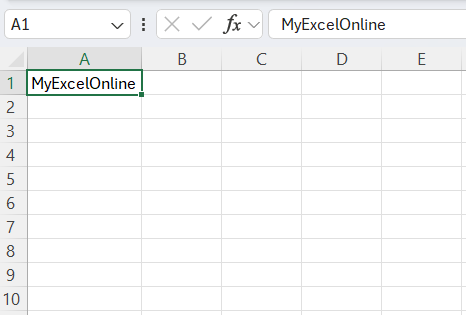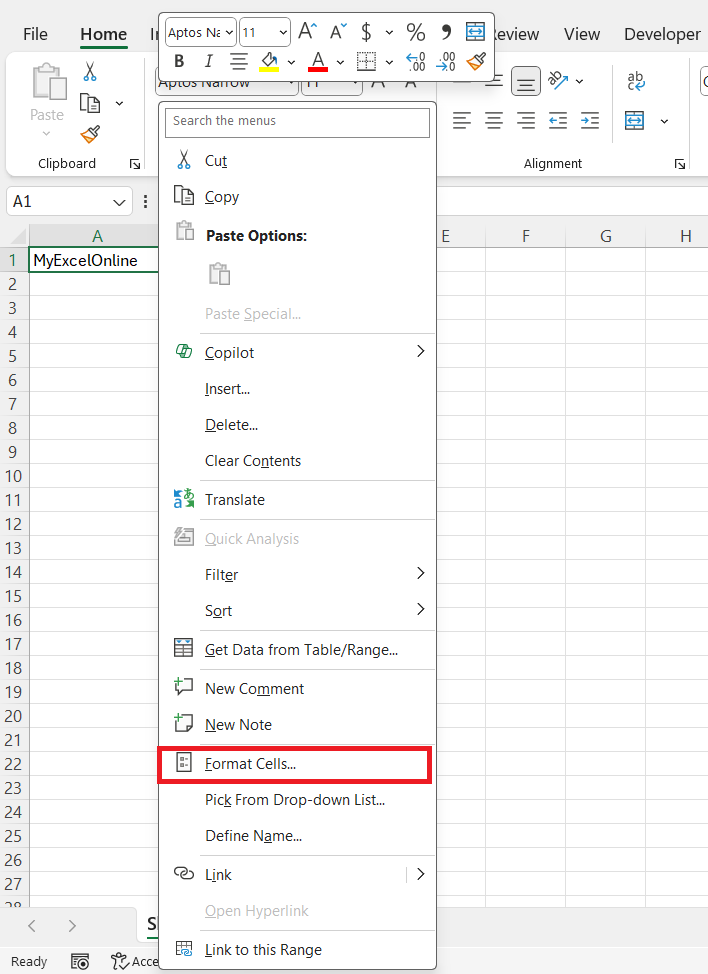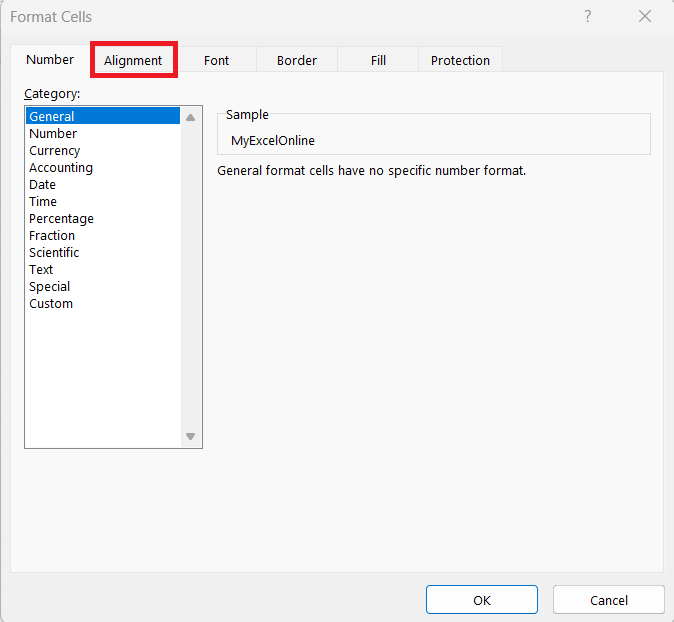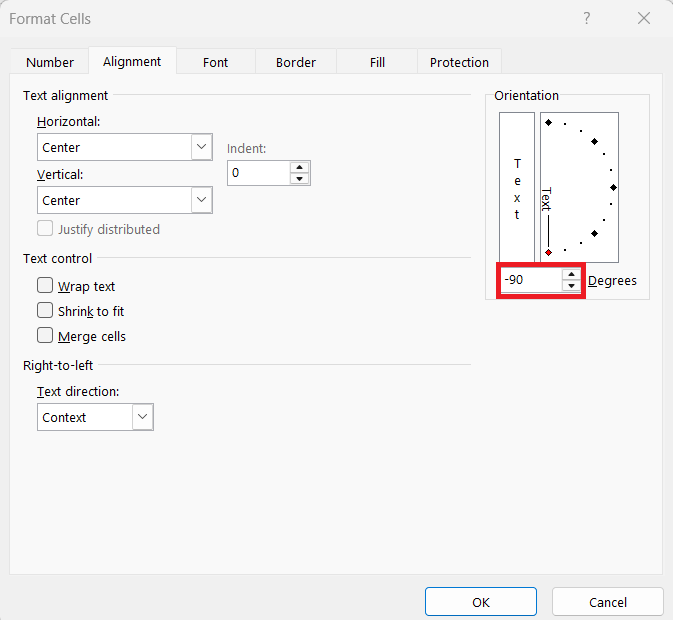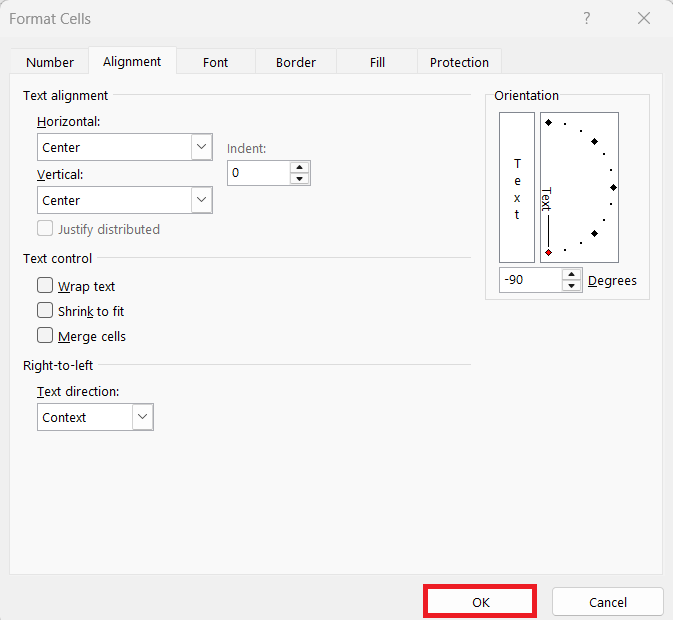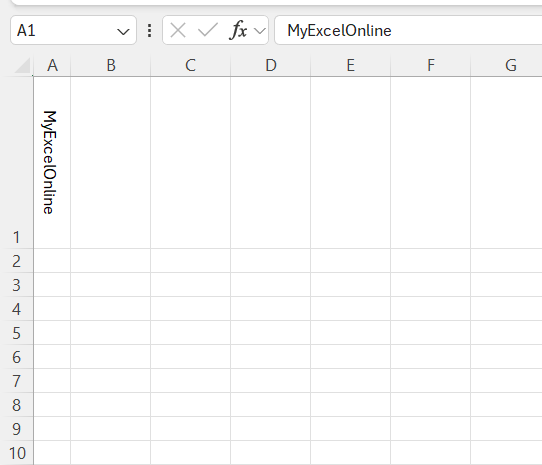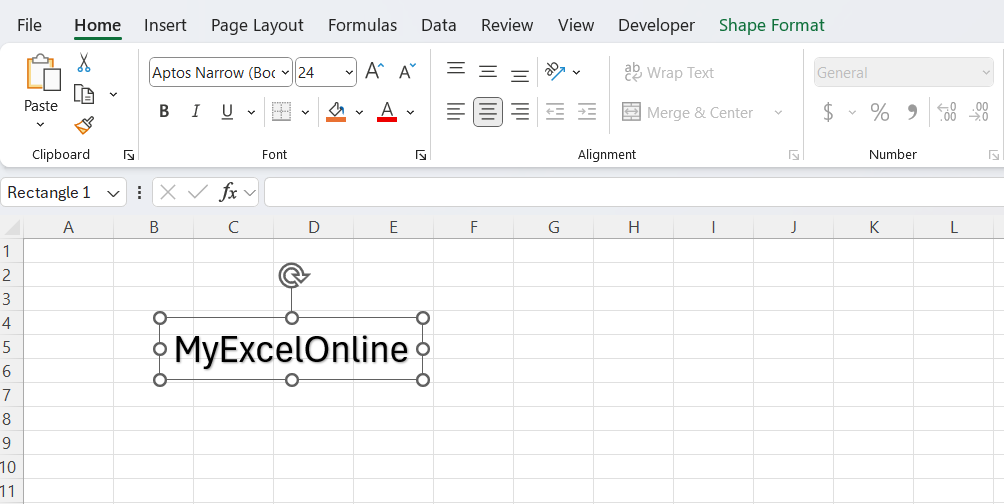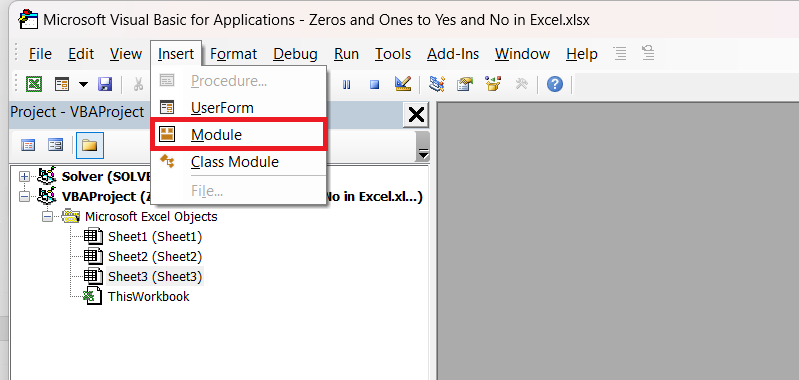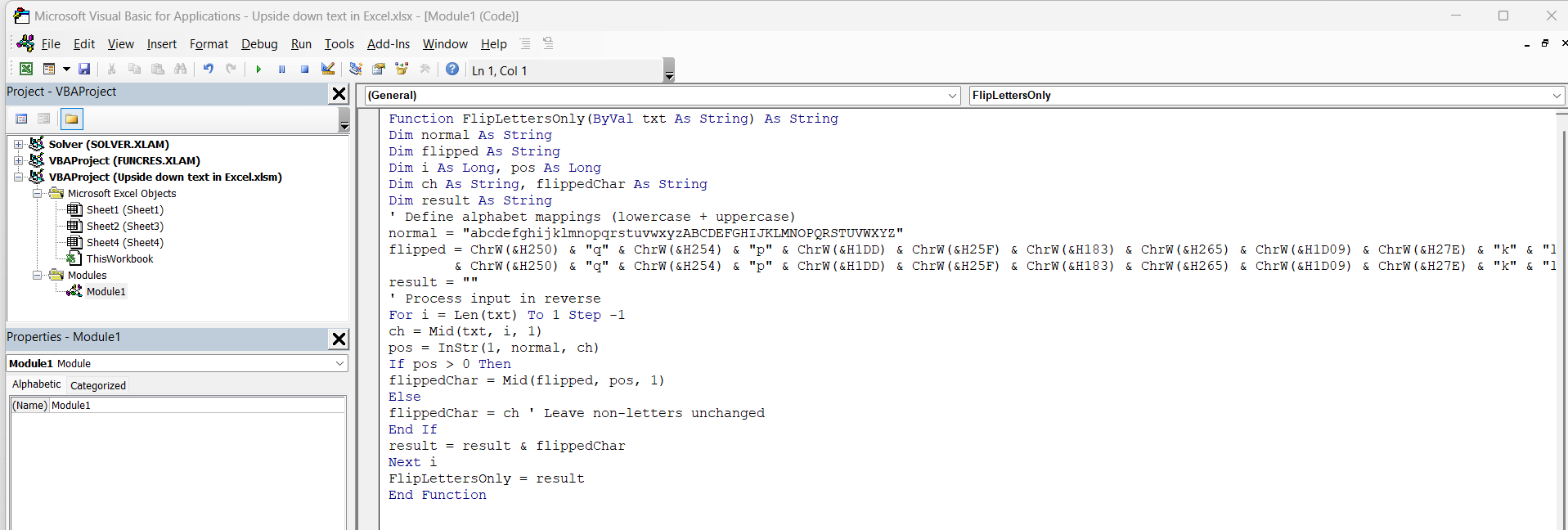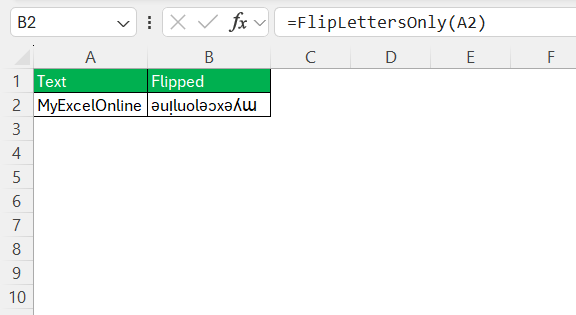Excel is a powerful tool widely used for data analysis, but its versatility extends to creative text manipulation too. One intriguing feature is the upside down text, providing a unique twist to data presentation. This guide addresses how to transform text orientation in Excel, offering detailed insights and practical steps for users at any skill level. With this knowledge, you’ll be able to enhance the functionality and visual appeal of your spreadsheets.
Key Takeaways:
- Excel text orientation lets you angle text inside cells, but doesn’t natively flip letters upside down.
- Flipping text upside down boosts visual appeal and can highlight important data creatively.
- Use Format Cells for angled or vertical text, but true upside-down text needs WordArt or VBA.
- WordArt’s Flip Vertical feature offers an easy way to invert text visually without formulas.
- For real letter-by-letter flipping, VBA scripts can automate upside-down Unicode character replacement.
Table of Contents
Transforming Text in Excel
The Basics of Text Orientation
Text orientation in Excel primarily involves adjusting the angle at which text appears within a cell. This feature is accessible through the ‘Format Cells’ option, where you can select a specific angle or direction for your text, ranging from vertical to diagonal placements. Understanding these basics is essential as it forms the foundation for more advanced text transformations, such as flipping text upside down.
When you change text orientation, you’re essentially modifying how text aligns within the cell. Excel allows for a variety of angles, ensuring you can customize appearances to meet specific layout or aesthetic requirements. It’s a valuable tool, especially when organizing information within a constrained space, such as headings in tables or compact data summaries. Knowing how to navigate these options will significantly enhance your ability to manipulate textual data effectively.
Why create Upside Down text?
Flipping text upside down in Excel can serve several purposes, each adding unique value to your spreadsheets. Firstly, it can significantly enhance the aesthetic appeal of a report or presentation, helping you catch the reader’s attention and emphasizing specific data points creatively. This approach is particularly effective in graphical layouts or dashboards where visuals play a critical role.
Secondly, upside-down text can be used as a form of design within documents, creating interest and differentiating sections without overcrowding the page. It’s often used for stylistic headings or in product labels where orientation shifts can make branding elements more dynamic. Additionally, it can provide a novel way to encode messages or test reader engagement levels by adding a layer of interactivity as users need to adjust their perspective, literally, to interpret the content.
Step-by-Step Guide for Upside Down Text
Using Format Cells Option
Excel offers several built-in tools to flip text, though they need to be creatively combined, as direct upside-down flipping isn’t a standard feature. Follow the steps below to get upside down text:
STEP 1: Select the cell(s) with the text.
STEP 2: Right-click → Format Cells.
STEP 3: Go to the Alignment tab.
STEP 4: Under Orientation, move the dial to 90° or -90° (you won’t get 180° here, unfortunately).
STEP 5: Click OK.
This option changes the orientation in which the text is written, but it does not flip the individual letters themselves. It’s useful for creating sideways or vertical text, but it doesn’t produce a true upside-down effect.
Using WordArt
Sometimes, Excel just refuses to cooperate when you’re trying to flip text the fun way. That’s when WordArt comes to the rescue! It’s a simple trick to visually invert your text—perfect for headers, titles, or just messing with your coworkers.
Here’s how you can flip text upside down using WordArt:
STEP 1: Go to the Insert tab → Click Text → Select WordArt (pick any style).
STEP 2: Type your text.
STEP 3: With the WordArt selected, go to the Shape Format tab.
STEP 4: Click Rotate → Choose Flip Vertical.
That’s it! Your text is now literally upside down—no formulas, no fuss, just flipped flair.
Experimenting with these tools allows you to manipulate text orientation effectively, serving both practical and decorative purposes in your workbooks. For true upside-down text, additional third-party applications or the integration of custom scripts might be necessary.
Alternative Methods for Advanced Users
Advanced users seeking more complex solutions for flipping text upside down in Excel can explore several creative approaches. One effective alternative is leveraging VBA (Visual Basic for Applications) scripting. With VBA, you can create custom functions that automate character inversion, providing precision and saving time when dealing with large datasets.
So, I wanted to flip text upside down in Excel—not just rotate it, but actually reverse the letters using those cool upside-down Unicode characters. Excel doesn’t offer this out of the box, but with a little VBA magic, I got it working beautifully.
Here’s exactly how I did it:
STEP 1: Press Alt + F11 to open the VBA Editor.
STEP 2: Click Insert → Select Module.
STEP 3: Paste the following code into the module:
Function FlipLettersOnly(ByVal txt As String) As String Dim normal As String Dim flipped As String Dim i As Long, pos As Long Dim ch As String, flippedChar As String Dim result As String ' Define alphabet mappings (lowercase + uppercase) normal = "abcdefghijklmnopqrstuvwxyzABCDEFGHIJKLMNOPQRSTUVWXYZ" flipped = "ɐqɔpǝɟƃɥᴉɾʞlɯuodbɹsʇnʌʍxʎzɐqɔpǝɟƃɥᴉɾʞlɯuodbɹsʇnʌʍxʎz" ' Repeat lowercase for both cases result = "" ' Process input in reverse For i = Len(txt) To 1 Step -1 ch = Mid(txt, i, 1) pos = InStr(1, normal, ch) If pos > 0 Then flippedChar = Mid(flipped, pos, 1) Else flippedChar = ch ' Leave non-letters unchanged End If result = result & flippedChar Next i FlipLettersOnly = result End Function
STEP 4: Press Ctrl + S to save, then close the VBA Editor.
STEP 5: Back in Excel, use the function like this:
=FlipLettersOnly(A2)
Practical Applications for Flipped Text
Creative Uses in Data Presentation
Incorporating upside-down text in data presentations can transform ordinary spreadsheets into visually engaging narratives. One creative use is designing attention-grabbing headers or section dividers. Using inverted text helps break the monotony and draws focus to key areas, enhancing readability without cluttering the layout.
Another innovative application is in dashboards, where flipping text can visually separate data categories or emphasize critical metrics. This approach can guide viewers’ eyes to highlights or shifting trends, optimizing data comprehension. It also adds a graphical layer that complements other visual elements like charts and graphics.
Moreover, inverted text can be an artistic element in promotional materials or branded spreadsheets, reflecting a brand’s personality while keeping reports professional. By using upside-down text creatively, we can inject personality and clarity into data presentation, making information both accessible and appealing.
Enhancing Visual Appeal in Reports
Enhancing visual appeal in reports using upside-down text involves strategic placement and design integration. Firstly, upside-down text can act as a visual motif or thematic element, providing a modern twist that breaks away from conventional presentation norms. It captures attention and can act as an artistic border or header, making sections stand out without overpowering the content itself.
Incorporating inverted text alongside images or graphs can create a dynamic contrast that emphasizes key insights. This technique can effectively guide the reader’s gaze across the page, creating a visual hierarchy that prioritizes important information. When balanced with colors and other design elements, upside-down text adds sophistication, turning a standard spreadsheet into a visually compelling document.
For an even greater impact, use this technique in combination with different text styles and colors. This variety further distinguishes each section, catering to both aesthetic sensibilities and functional clarity. By carefully merging these aspects, we can craft reports that are not only informative but also visually captivating.
Expert Tips for Mastery
Keyboard Shortcuts for Faster Access
Utilizing keyboard shortcuts in Excel can dramatically enhance efficiency, particularly when adjusting text orientation and performing other repetitive tasks. While there isn’t a direct shortcut specifically for flipping text upside down, understanding general shortcuts for text alignment and orientation adjustments can streamline the process.
For instance, pressing Alt + H followed by O and A allows you to quickly access the ‘Format Cells’ dialog, where you can modify text alignment properties. Additionally, Ctrl + 1 brings up the Format Cells menu directly, providing faster access to tweaking orientation settings.
While working within Excel, leveraging shortcuts like these can speed up your workflow, allowing us to focus on creative presentation elements rather than navigation. By memorizing these commands, we ensure a more efficient and productive time when constructing and styling our data layouts.
FAQs
Q1: Can I flip text upside down directly in an Excel cell?
No, Excel’s native text orientation only rotates text to angles like 90° or -90°, not 180°. For true upside-down flipping, you need to use WordArt or VBA scripting, as normal cells don’t support reversing letters vertically.
Q2: How does WordArt help flip text upside down?
WordArt allows you to insert stylized text objects that can be rotated freely. Using the Shape Format tab’s Rotate → Flip Vertical option visually turns the text upside down, making it great for headings or artistic elements in your sheet.
Q3: What if I want to flip letters individually, not just rotate the whole text?
You’ll need VBA for that. A custom VBA function can replace each letter with its upside-down Unicode equivalent and reverse the text order, achieving a true upside-down effect within a cell.
Q4: Are there practical uses for upside down text in Excel?
Absolutely! It can create eye-catching headers, section dividers, or stylistic labels that make reports more engaging and easier to navigate. It’s also useful in dashboards to emphasize data categories or metrics visually.
Q5: Are there keyboard shortcuts to quickly change text orientation in Excel?
While no shortcut flips text upside down, you can press Ctrl + 1 to open the Format Cells dialog, then use the Alignment tab to adjust orientation angles quickly. Memorizing these speeds up formatting but won’t do full flipping.
John Michaloudis is a former accountant and finance analyst at General Electric, a Microsoft MVP since 2020, an Amazon #1 bestselling author of 4 Microsoft Excel books and teacher of Microsoft Excel & Office over at his flagship MyExcelOnline Academy Online Course.

